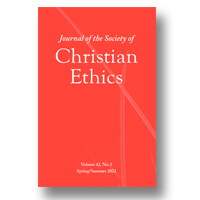Not long ago, it came to my attention that a 2016 paper by my students and me, “Measuring Semantic Similarity Of Words Using Concept Networks,” had been plagiarized, verbatim. The offenders had added two words to the title, which now read: “A Novel Methodology For Measuring Semantic Similarity Of Words Using Concept Networks.” Their article was published in the journal Webology, which has been delisted from Scopus, Elsevier’s abstract and citation database. My first impulse was to ignore the transgression, but I asked the question what to do on a closed mailing list read by former colleagues:
I know that imitation is the sincerest form of flattery, and I’m sufficiently flattered, and I know that even a Harvard President was let go for lesser forms of plagiarism, but Integral University of Lucknow is not exactly Harvard. We may already live in a post-truth world (if Trump gets reelected it’s proof positive that we do) and I don’t quite have it in me to destroy the futures of some random students (or perhaps faculty?) in India. The online journal where it appeared is published in Teheran, and does not appear on Beall’s list of predatory journals. What to do?
The responses ran 10-0 in favor of doing something. Here is a typical one:
Continue reading ‘The sincerest form of flattery’: How a math professor discovered his work had been plagiarized







